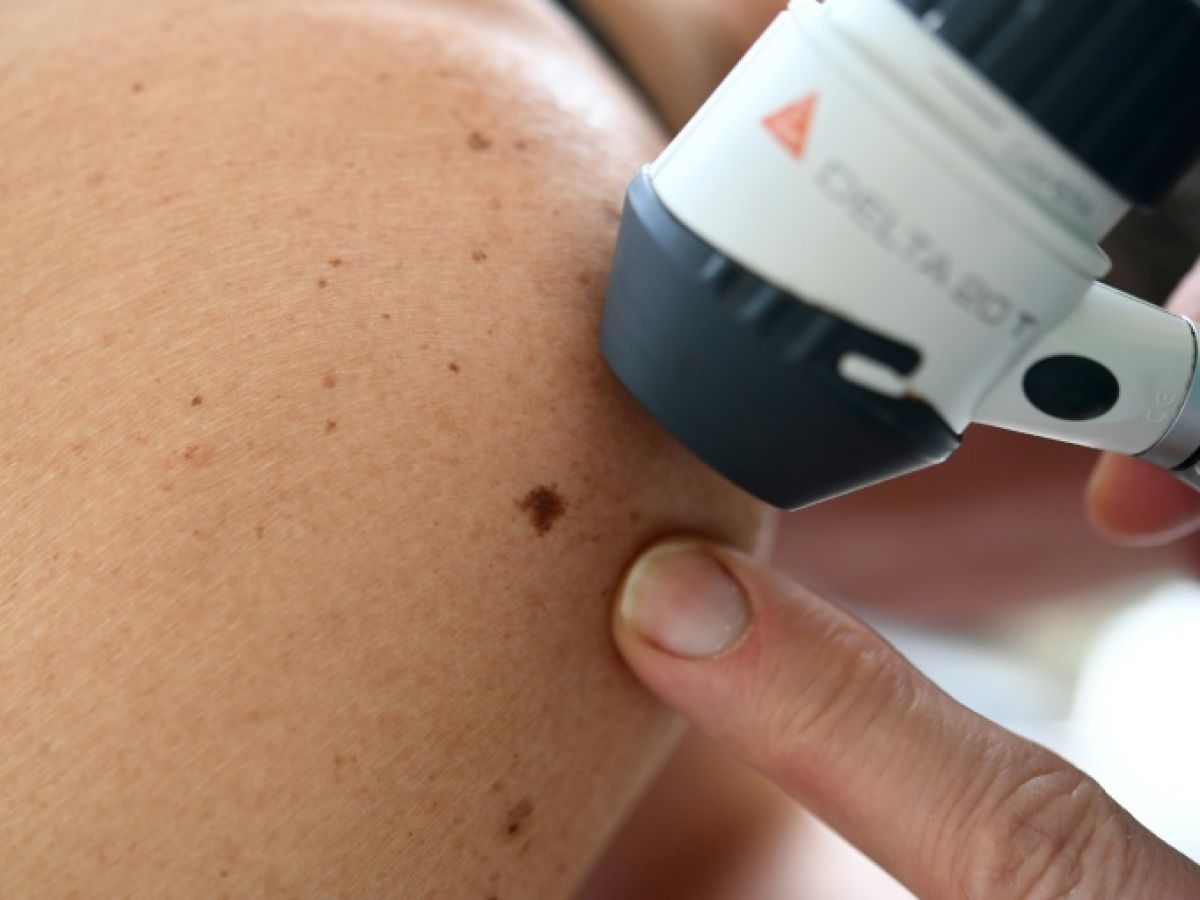Retirees not being replaced, appointments becoming scarce: dermatologists are warning of their staff numbers melting away like snow in the sun, even though they are central to the fight against skin cancer, one of the summer dangers highlighted by the public authorities.
The anger and bitterness of "dermatologists" have been fueled since the publication in the Official Journal of July 31 of the number of interns in the sector, set at 102 for the 2025-26 academic year.
"It's clearly not enough, we're extremely disappointed, we'd like 125 new interns per year," Gaëlle Quéreux, one of the leaders of the French Society of Dermatology (SFD), sighs to AFP.
Mariam Deriouich, one of the leaders of the FDVF, the association of future "dermatologists," described to AFP a "shortage of dermatologists," with "only 3.26 per 100,000 inhabitants" in metropolitan France. By comparison, this rate rises to 5.93 for ophthalmology, according to the Order of Physicians.
"Fifteen years ago, there were around 4,000 of us, now there are 2,900," says Gaëlle Quéreux, who is head of dermatology at Nantes University Hospital.
The next generation "is not enough to compensate for retirements," she emphasizes. A deficit "destined to worsen in the coming years with the aging of the profession," according to Mariam Deriouich, a dermatology intern at the Caen University Hospital.
– “From 3 to 6 months” –
Nearly half of "dermatologists" are over 55, according to the Order of Physicians.
And the waiting times for appointments are stretching out, "around 3 to 6 months" according to Gaëlle Quéreux.
"In addition to the difficulty of finding a dermatologist, there is the difficulty of finding one who is familiar with specific cases and who can refer you to the right referral center," Sylvie Le Moal, president of the French Association of Patients with Porphyria, a rare disease with skin forms, among others, explained to AFP.

Currently, the word "dermatologist" resonates in awareness campaigns about the risks of skin cancer linked to sun exposure. And Public Health France emphasizes its role in examining "the entire body's skin—including the scalp, nails, palms of the hands, and soles of the feet—in search of abnormalities."
"I understand this annoyance, this anger at being told that we can't get an appointment with the dermatologist to check a mole or when we suspect cancer," says Gaëlle Quéreux.
– Aesthetics in question –
How then can we explain the limited number of interns? "We are told that there is a serious shortage of general practitioners and that, since Covid, we have realized that we also need intensive care specialists and infectious disease specialists," explains this oncodermatologist, a skin cancer specialist.
The National Observatory for the Demography of Health Professions (ONDPS) proposes to the Ministers of Health and Higher Education the number and distribution of health professionals to be trained. When contacted by AFP, this body did not respond.
Mariam Deriouich also denounces a "current belief": dermatologists are abandoning "medicine in favor of aesthetics."
In its June report, the Health Insurance also recommends "limiting comfort and aesthetic care" in view of the "difficulties in accessing care" from "general practitioners or dermatologists."
On a personal level, and unrelated to her son's porphyria, Sylvie Le Moal "very recently wanted to consult for a somewhat worrying spot" in Paris. She noted: "For dermato-aesthetics, there are plenty of possible appointments on Doctolib, but for dermato-medical, initial consultations are very difficult to obtain."
Gaëlle Quéreux retorts that while "64% of dermatologists do aesthetics," for "most of them it's less than 10% of their daily activity." "These prejudices are doing us a disservice," adds Mariam Deriouich.
